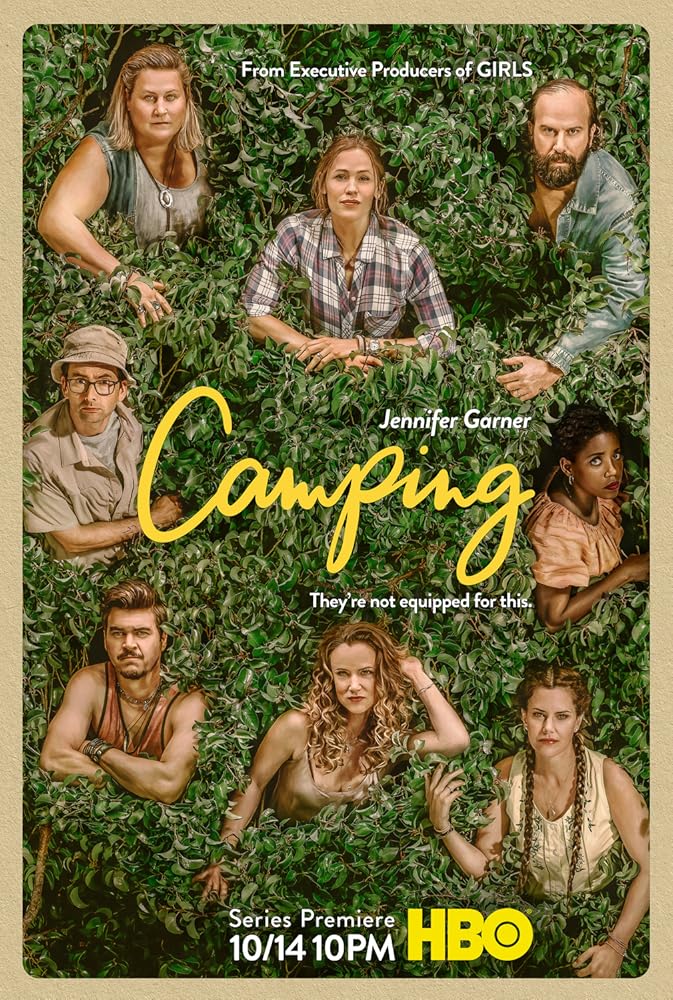Written by David Simon
Directed by Ed Sherin
The
writers of Homicide and Law and Order have, by now, created an annual tradition of
doing a crossover every year. So many of the episode used Richard Belzer to the
full extent of his abilities that it's small wonder Wolf recruited him for Special Victims Unit later this year.
And frankly, on that series, he was so rarely used to his full extent (and so
much of his character bio on Homicide ending
up getting trashed) that it was a general waste of his talent. It's a great
pity, because in Sideshow, by far the best crossover between the two series,
one could really see just how great the potential of that character was.
This
episode finally realizes what is Munch's (and probably Belzer's) heart's
desire; after six and a half seasons of railing about government conspiracies,
Munch finally gets to an investigate one. When a Baltimore New
York Danvers
The
story seems to get wrapped at the end of Law
& Order, when the suspect is murdered
by McBride's utterly love-struck former boyfriend - until they find
Purcell had a number for the White House on her. Then the action shifts back to
Baltimore
For
starters, the hostility that has been brewing in the Giardello family comes to
a boil, when Al reams out Mike for leaking information about the murder to a
supervisor - who gave it directly to Dell. Mike is floored by this, and is on
the outside looking in for most of the episode; as a consequence, his work in
the squad will never truly recover from this betrayal, even after he tries to
redeem himself.
Sheppard,
in the meantime, finds her relationships in the squad deteriorating. Lewis is
still chilly with her, and now Ballard and Stivers, who have reason to find
themselves in situation closer to the one that sidelined her, are talking
behind her back. When Stivers tries to talk about with her, Renee has nothing
but disdain. (Credit to Simon for not trying to automatically assume female
detectives would automatically form a sisterhood). For the first time, though,
we get a little hint of just where Meldrick is coming from when he has a
conversation with Falsone, about just how much getting shot at has rattled him.
When Falsone points out that he and Lewis were victims of shooting too, and
they're still copacetic, Lewis tries to point out that there might be something
deeper here.
But
the center of the episode revolves around the unfolding investigation. As is
the case in the last crossover, Zeljko Ivanek manages to get some put
much-deserved screen-time as he reveals that, in his own way, he is as ruthless
a prosecutor as McCoy can be. They go after Dell directly early on, and he
becomes more engaged the longer the investigation becomes. Even when they find
themselves in the White House for a murder investigation - something that seems
to rattle the ever belligerent McCoy - he remains calm. And it costs him. As we
learn in the episode, he's just been nominated by the governor for a judgeship.
He's still willing to try and put himself on the line - when Sheppard and Munch
tell him that, in order to try and pursue the case, he's going to have to
confront a federal magistrate on what could be a quid prop quo, he does so. But
after he indicts the man behind the murder, the independent counsel comes after
him, and it torpedoes him. As a juvenile Danvers Maryland
But
for all the efforts of their investigations, the police and legal work come to
nothing. Just as they arrest the man behind the murder, Dell's representatives
move in, and take him into custody. When Danvers
Everybody
reacts differently. Danvers
There
are a lot of other great moments in this crossover. Particularly wonderful is
when Munch, who requested his FBI file a couple of weeks, gets it during the
course of the investigation, and Briscoe has to break it to him, that he was
never consider a serious threat to the government. And when Munch tries to
thrill his fellow detectives to the details of the investigation, there are
some nice in-jokes including a reference to L.P. Everett, and the fact that Homicide was now in syndication at Court
TV. But there are also great performances from just about everybody involved,
and Waterston and Orbach finally get used to their full potential. (Wouldn't it
have been great to see a spin-off show with Briscoe and Munch as PI's?). It's
really a shame that this was, by design, the last crossover between the two
series. Though Wolf has engaged in countless ones since in his Chicago PD and other Law & Order franchises, none have
sung anywhere near as much as these episodes.
My score: 4.5 stars.



